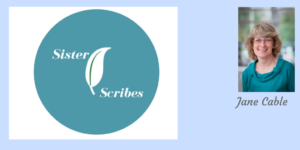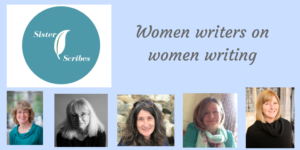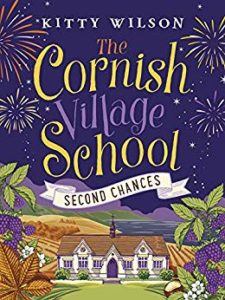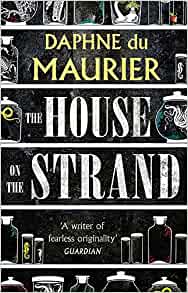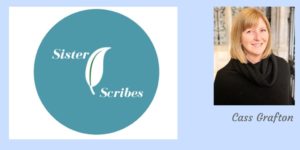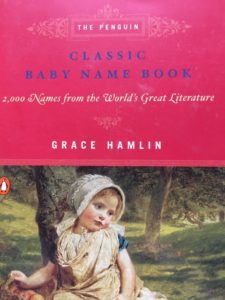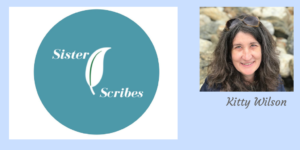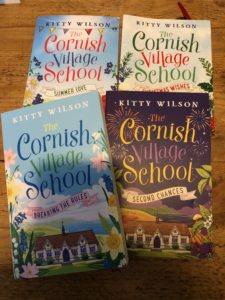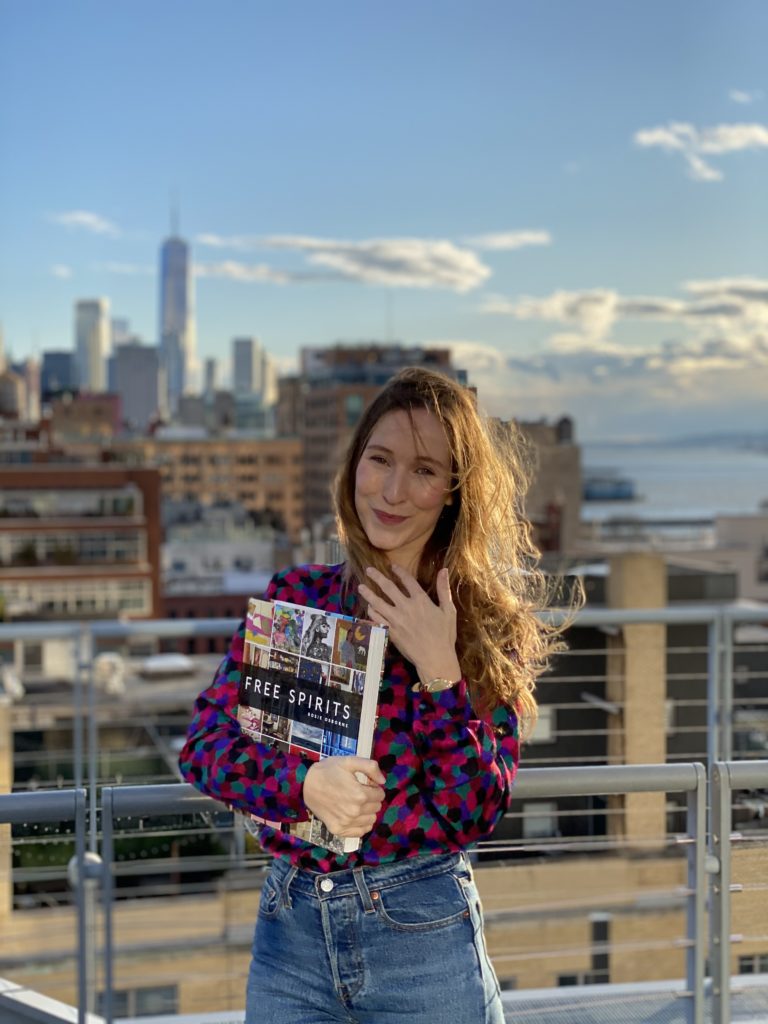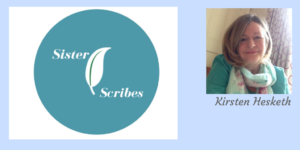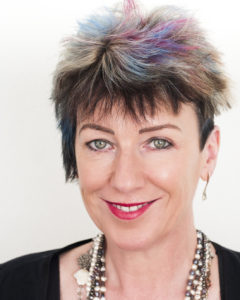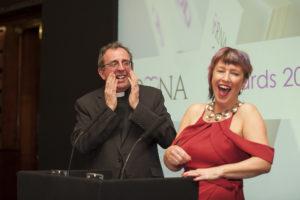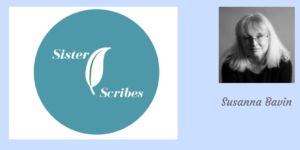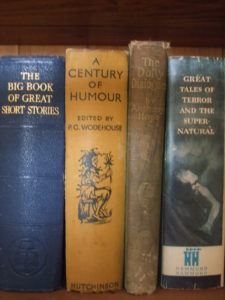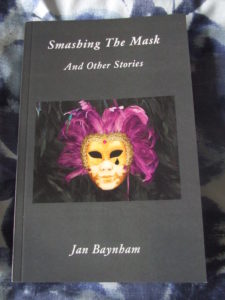I first became aware of Jessie when this amazing blog appeared, featuring books in handbags, but it was some time before we met, introduced by the lovely Angela Petch at an RNA conference. There is a certain symmetry between us; she is a Yorkshire author living in Cardiff, and I am a Cardiff author living in Cornwall. That, and the fact she is a wonderfully giving and collaborative person, makes me consider her a Sister Scribe.
When I reached my mid forties, I realised my career ambition had overshadowed my creativity. Stuck on a treadmill of administration, I signed off educational action points for teachers but had not achieved any of my own goals. Days started at 6am and ended at midnight. Fuelled with coffee, I survived on very little sleep, but my life-long dream to write a novel haunted me. A health scare prompted me to grab time for myself and take control of my destiny.
Characters hassled me for years and it was time to set them free in my novel, ‘You Can’t Go It Alone’. I tapped away on my laptop keyboard for six months; it was fun to finally meet the characters. At times, their behaviour shocked me, but they showed me there is more to life than action planning and policy making. Sophie, a character in the novel, showed me the importance of the simple things in life. She also made me smile again.
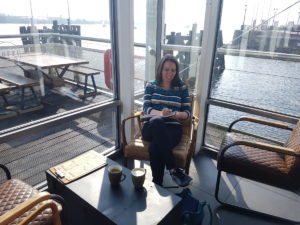 Writing improved my wellbeing, and I wanted to learn more about the craft. I sought the advice of a professional editor and engaged in cutting, cutting and shaping. Novel completed, I closed my laptop, ticked off one point on my bucket list, and hopped back on to my life. I mused that I would re-read my words again one day.
Writing improved my wellbeing, and I wanted to learn more about the craft. I sought the advice of a professional editor and engaged in cutting, cutting and shaping. Novel completed, I closed my laptop, ticked off one point on my bucket list, and hopped back on to my life. I mused that I would re-read my words again one day.
Unbeknown to me, my husband read the manuscript of ‘You Can’t go It Alone’. He published the novel, without my knowledge, as he knew I would dilly dally. He threw me into the world of indie publishing. It shocked me, but I decided to grab the opportunity and make connections with the writing and reading community via a blog and social media. Initially, the aim of my blog was to share book reviews of all the books that had resonated with me over the years. I named the blog Books in my Handbag as all my books are on the kindle, in my handbag.
Playing on the theme of handbags, I tweeted photos of my novel in my handbag. Overwhelmed with the positive comments about the photo, I realised it would be fun to ask authors to send their photos. I developed the Handbag Gallery to showcase the authors’ books and provide a unique boost to the marketing of hundreds of authors. I now have almost fourteen thousand followers on Twitter, and the photos of book in handbags are always a hit.
The Handbag Gallery connected me to lots of authors, and they have supported me with the writing process and promotion. With pearls of wisdom from indie and traditionally published authors and hard work, I achieved bestseller rankings across UK, Canada, Australia and New Zealand. I was third in contemporary women’s fiction in Canada. The day my book was placed beside Margaret Atwood, I felt as if the stars had aligned.
Last year, I moved beyond virtual connections with authors reached out to the Romance Novelists’ Association. It is wonderful to meet with authors in the local RNA chapter and became a member of the New Writers’ Scheme. I don’t know what the future holds for ‘Loving You’ because I am exploring benefits of the traditional and indie publishing routes. I have started my third novel and have been offered opportunities to write articles in magazines My experience shows you do have to speculate to accumulate. I am celebrating three years of my blog and living the dream in writerly heaven. Moreover, I have taken control of my health and wellbeing.
Wishing everyone the strength to follow their dreams.
Visit Jessie’s website at http://www.JessieCahalin.com or follow her on Twitter @BooksInHandbag

